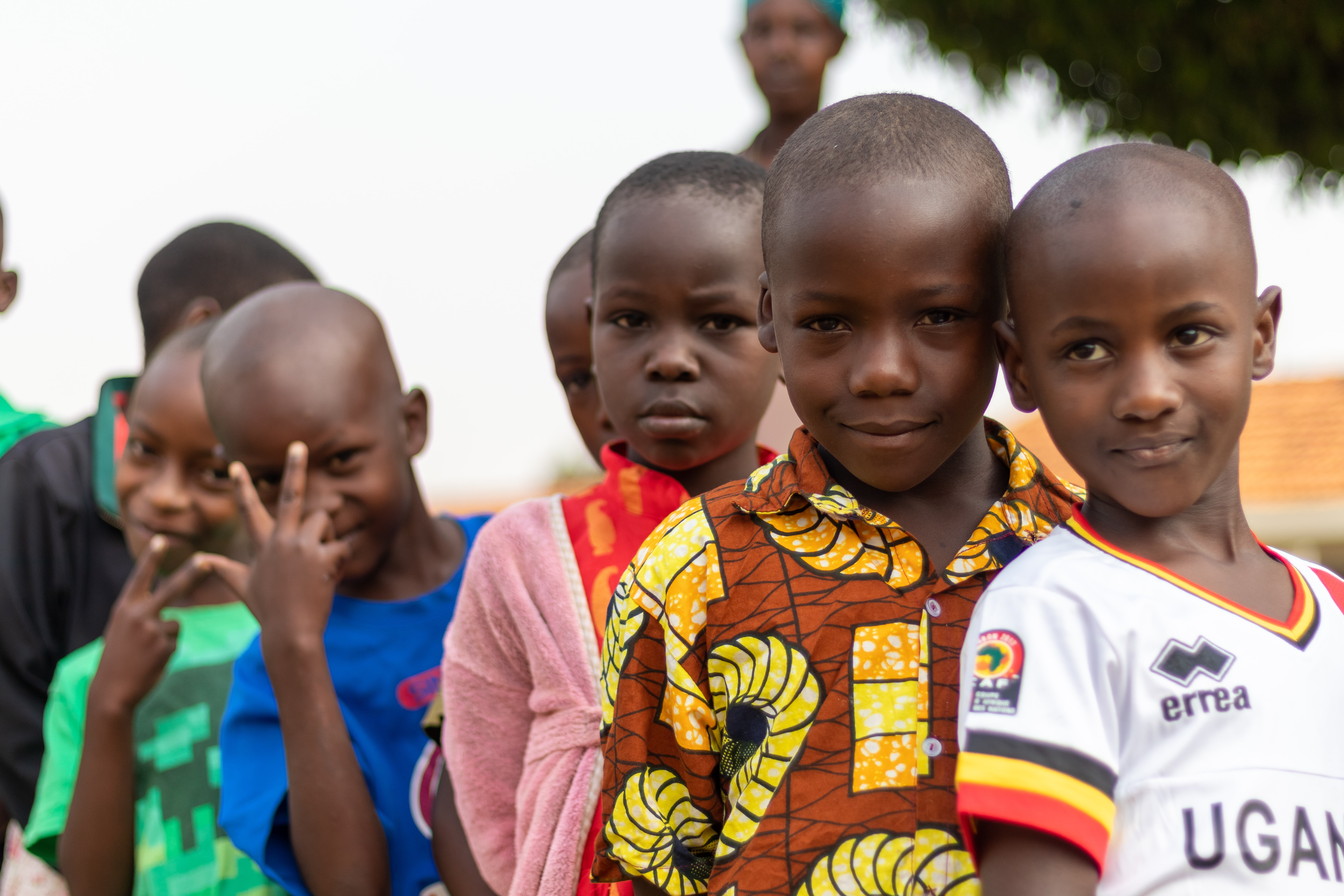Resilience-Informed Positive Youth Development Programs in International Development
In crisis-affected countries, systems that support young people are often disrupted.
Image

Globally, more than 400 million youth (ages 15 to 29) are living in crisis and conflict-affected settings. In these contexts, traditional support systems for young people are often disrupted: families are uprooted or separated, trusted community networks are broken, and the state is unable to assume its responsibility to provide basic services and social safety nets. Youth in critical stages of physical, cognitive, and social-emotional development are especially affected by these disruptions. We are thus prompted to consider whether and how positive youth development (PYD) programming can offer appropriate supports to enable youth, especially those most vulnerable, to be resilient in the face of these challenges.
The authors of this article begin with a summary of key concepts and an overview of the traditional application of PYD and resilience, followed by two case studies. For the case studies, we selected two youth projects funded by USAID that focused on resilience and aligned with USAID’s PYD Framework: the Mindanao Youth for Development (MYDev) program in the Philippines and the Integrated Youth Development Activity (IYDA) project in the Democratic Republic of Congo (DRC). Using empirical findings from these conflict-affected settings, the authors illustrate how resilience-informed PYD builds youth and community assets and agency in the face of shocks and stressors. The findings suggest that the explicit addition of a resilience focus to PYD programs strengthens an individual’s ability to cope and adapt and opens up entry points for community and systemic recovery and growth. The article concludes with a discussion of relevant takeaways and implications regarding the application of resilience-informed PYD in crisis and conflict-affected contexts.
This article was originally published in Journal of Youth Development. It was authored by Nalini Bajaj Chugani, Sabeen Faizullah, Cornelia Janke, Rebecca Jeudin, Jackie Kiernan and Nancy Wallace.




